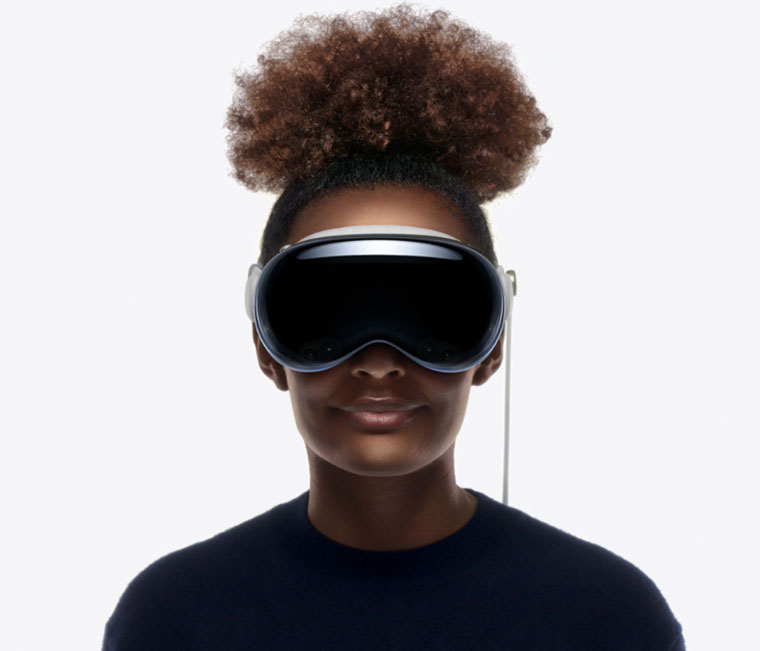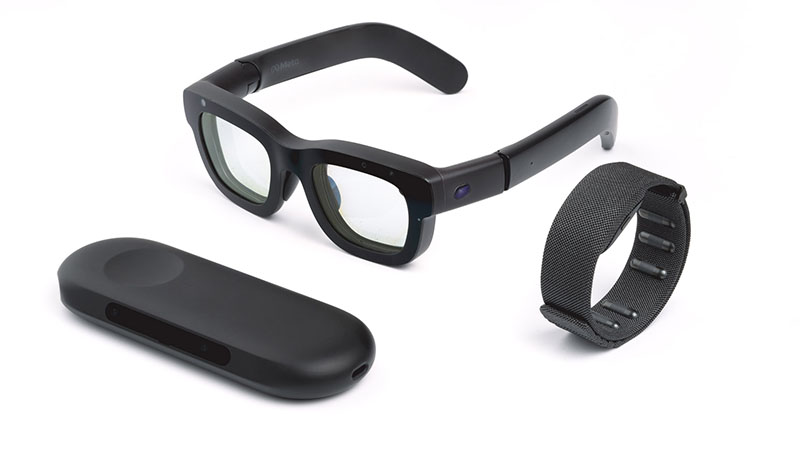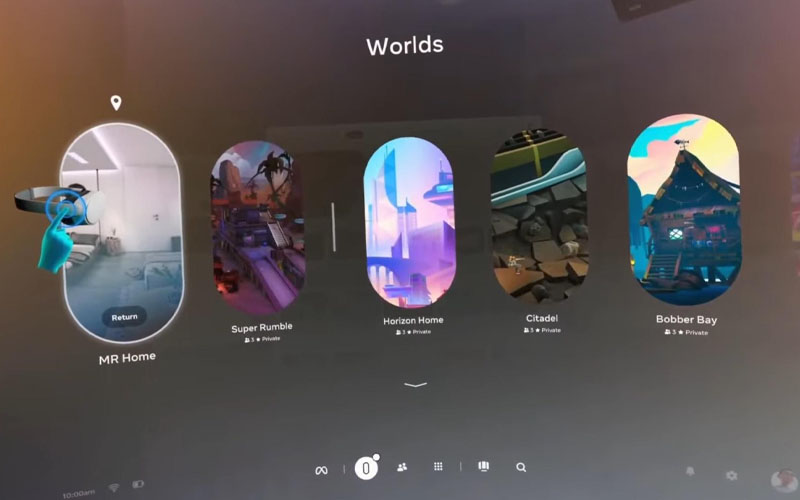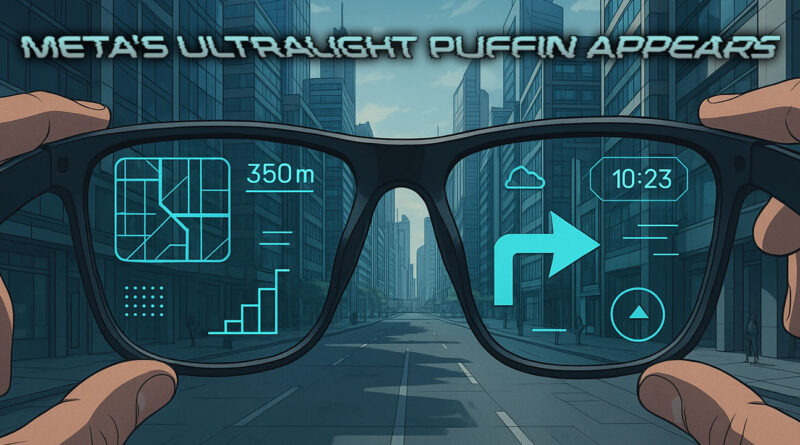Meta’s Ultralight Puffin Appears
Meta appears to be redirecting its development priorities away from the Quest lineup for the upcoming year. While current Quest models continue performing well in the marketplace and receiving ongoing support, the company is reportedly channeling resources toward an entirely different headset concept slated for a 2026 launch.
The Puffin Project Emerges
Industry sources suggest Meta is pursuing development of an extremely lightweight headset paired with an external processing unit, effectively putting Quest 4 development on the back burner. This project, codenamed “Puffin” and first revealed, however unofficially, in late 2024, represents a departure from traditional VR headset design.

Puffin is expected to weigh in under 110 grams and bear closer resemblance to augmented reality eyewear than conventional virtual reality hardware. Despite Meta’s history of simultaneously developing numerous prototypes that rarely advance beyond early stages, industry observers believe Puffin has stronger prospects for actual market introduction. One reason for this optimism is the technological advances brought to market by both Meta and Apple.
Meta’s collaboration with eyewear giant Ray-Ban and social media platform Snapchat have brought modest AR functionality to a wide consumer base. Apple Vision Pro has expanded the horizons of AR and MR, inspiring and challenging other hardware creators to deliver a product of equal or greater capability at a significantly lower price point. Alongside Meta’s Orion project, Puffin appears to be addressing this concern.
Technical Innovation, Tethered
The most striking aspect of Puffin’s reported design involves its reliance on an external computing module rather than integrated processing power. This would allow the headset portion to remain remarkably light while maintaining functionality well beyond similarly lightweight devices.
The external processing unit, designed for convenient pocket storage, will manage both computational tasks and power delivery, essentially serving as the headset’s brain and battery pack.

External computation is not the only difference between Puffin and the Quest line, of course. Rather than handheld controllers, the system will reportedly employ eye-tracking combined with hand gesture recognition, specifically a “gaze-and-pinch” interface.
A New Ecosystem

It appears Puffin will operate on Horizon OS, the same platform powering existing Quest devices. This software strategy extends beyond Meta’s own hardware, with Horizon OS planned for implementation in upcoming headsets from partners including Lenovo and Asus. Asus has specifically characterized their forthcoming device as optimized for high-performance gaming applications.
This ecosystem approach suggests Meta is positioning Horizon OS as a broader platform rather than proprietary software limited to their own hardware, potentially creating new revenue streams and market influence.

